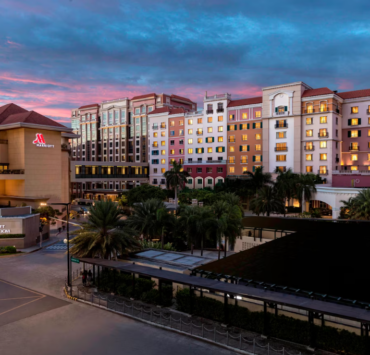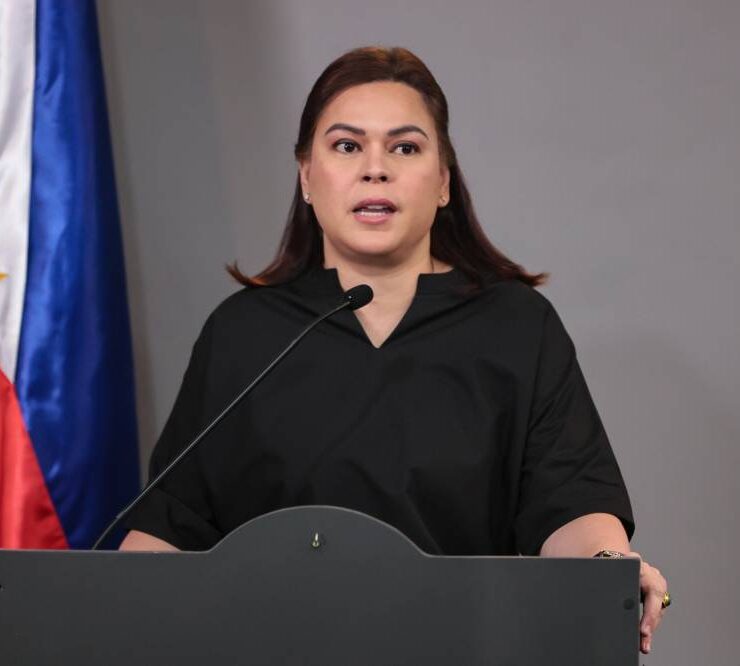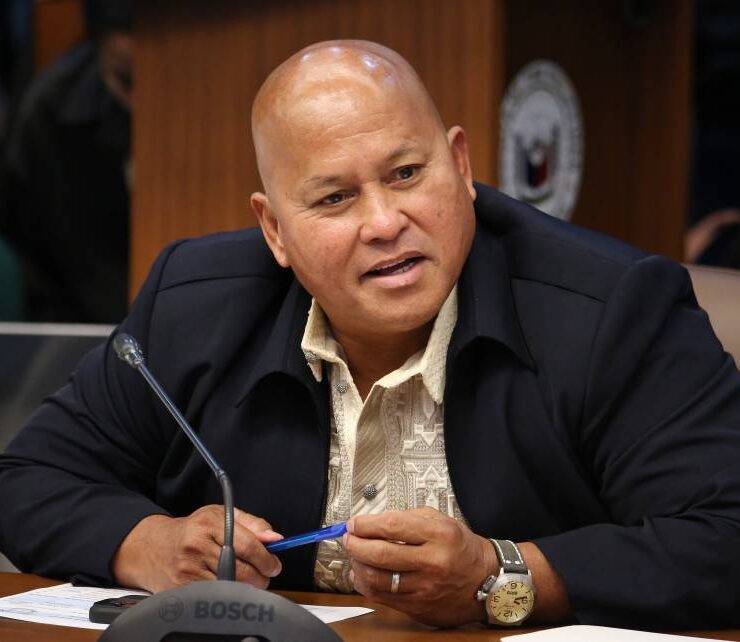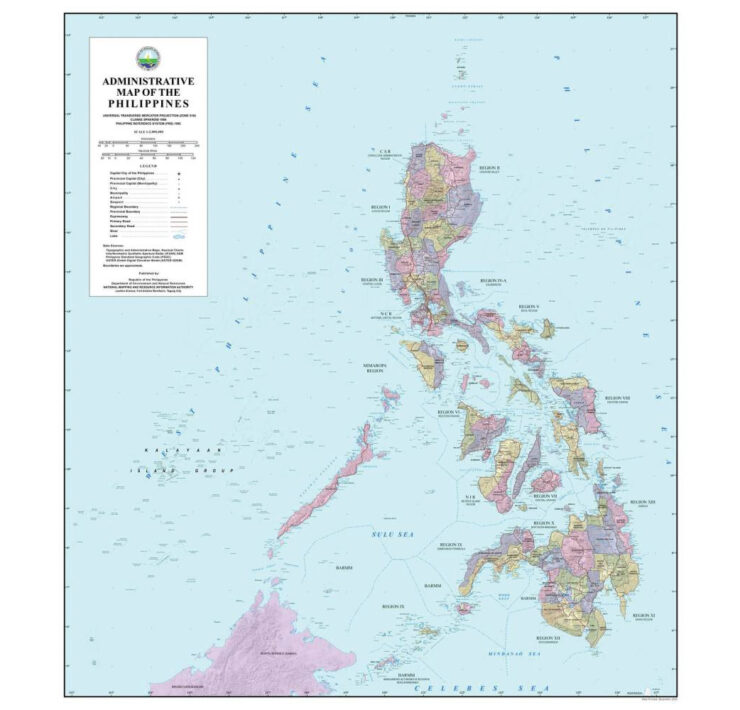Classic ‘clash of clans’ in Bangsamoro polls
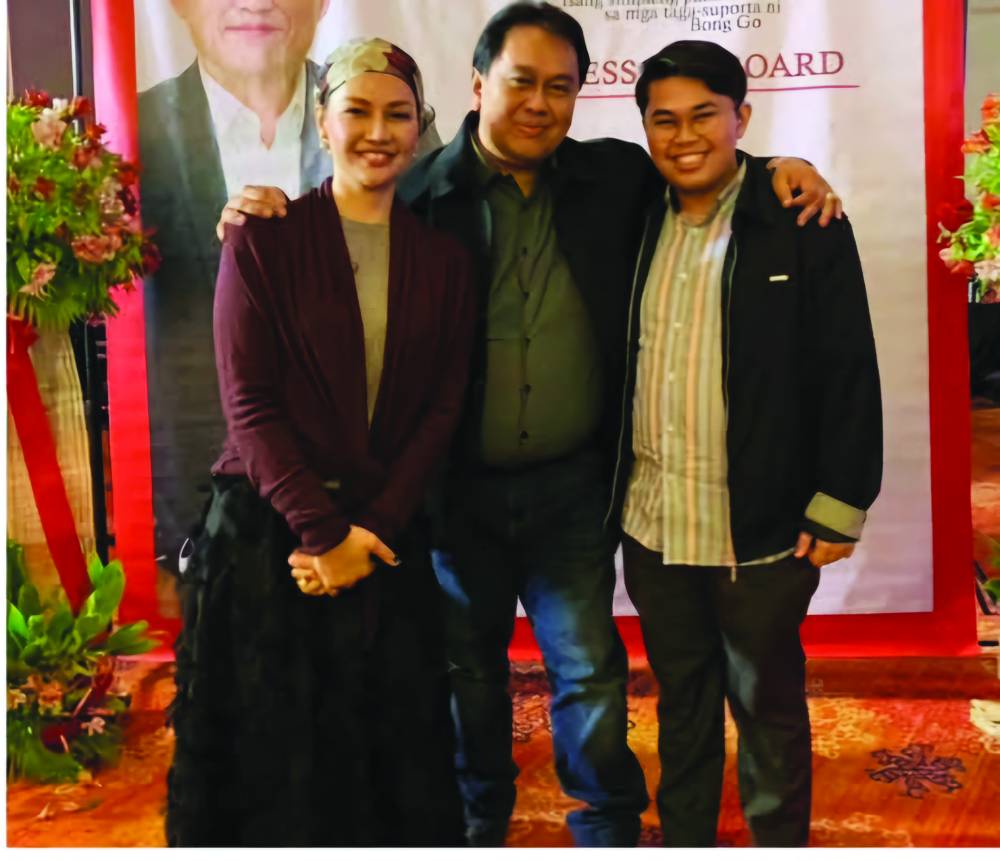
As voters troop to the polls on Monday, their choice of leaders will decide the fate of political dynasties and clans in Mindanao and the rest of the country.
The result of the elections is highly awaited particularly for the provinces of Maguindanao del Norte and Maguindanao del Sur where a classic clash of clans had raged, the outcome of which will determine whether power holders organized around family ties will remain ascendant in the Bangsamoro Autonomous Region in Muslim Mindanao (BARMM) as opposed to modern political parties organized around the ideals of the Moro revolution.
As an autonomous government, the BARMM is imbued with far greater governance powers compared to previous setups, a concession gained in the peace negotiating table by Moro revolutionaries in exchange for dropping their bid for Bangsamoro independence.
The autonomous region is composed of Basilan, Lanao del Sur, Maguindanao del Norte, Maguindanao del Sur and Tawi-Tawi provinces, and a Special Geographic Area comprising 63 villages that used to be part of Cotabato province that are now organized into eight towns.
Mangudadatu dynasty
Erstwhile revolutionary groups Moro Islamic Liberation Front (MILF) and Moro National Liberation Front (MNLF) had closed ranks with sympathetic clans to battle against the Mangudadatu dynasty, led by its patriarch Pakung Mangudadatu or Datu Pax. Clan members have expanded their political clout from their traditional domain in the neighboring Sultan Kudarat province into the BARMM starting in 2019, with the election of Bai Mariam Sangki-Mangudadatu as governor of the then-undivided Maguindanao province.
From being mayor of Datu Abdullah Sangki town from 2013 to 2019, Bai Mariam rose to become governor with the support of a group engineered by her husband Suharto, that is dubbed the “Family Alliance,” which counted key political clans in its fold, such as the Sinsuats, Masturas and Ampatuans.
With her reelection in 2022, she presided over the split of Maguindanao into Maguindanao del Norte and Maguindanao del Sur provinces, taking the reins in the latter.
On May 12, Suharto, son of Datu Pax, seeks to further expand the dynasty’s political dominion with his bid for Maguindanao del Norte governor.
If Suharto wins, along with the reelection of his wife and son as governor of Maguindanao del Sur and Sultan Kudarat, respectively, the Mangudadatu dynasty will have control over the leadership of three provinces that has a combined voting population of some 1.41 million, close to a million of whom are within the BARMM, making their clan a major power broker in the autonomous region and the country.
Suharto and Datu Pax had both set their sights on contesting the leadership of the autonomous region.
In 2010, Datu Pax asked his son-in-law, Raden Sakaluran, to run for representative of Sultan Kudarat’s first congressional district, as he prepares to run for governor of the now defunct Autonomous Region in Muslim Mindanao (ARMM) in 2011. The election was postponed to 2013, and then President Benigno Aquino III appointed Mujiv Hataman as interim governor.
In 2022, Suharto had his son, Pax Ali, take the gubernatorial seat as he was preparing to vie for appointment as BARMM interim chief minister after Congress decided to forego regional elections. But President Marcos chose to honor the government’s peace agreement with the MILF by picking the group’s nominee for the post.
In post-EDSA Mindanao, no clan had even achieved what the Mangudadatu dynasty already had since 2019—two members ruling over two provinces at the same time.
Bai Mariam’s reign over Maguindanao in 2019 coexisted with Suharto’s incumbency as governor of Sultan Kudarat. Her current leadership of Maguindanao del Sur coexisted with the reign of her son, Pax Ali, in Sultan Kudarat after he took over the gubernatorial seat from his father in 2022.
Ampatuan, Hataman families
What would come close is the experience of the Ampatuan and Hataman families.
From 2005 to 2008, the reign of the late strongman Andal Ampatuan Sr. over Maguindanao coexisted with the incumbency of his son, Zaldy, as governor of ARMM.
A similar situation happened from 2016 to 2019, when outgoing Basilan Gov. Hadjiman Hataman-Salliman first took the gubernatorial seat, coexisting with the rule of his brother, Mujiv, as ARMM governor.
The Mangudadatu dynasty’s current appetite for political expansionism matches that of the Jalosjos clan in 2013 when, under the leadership of patriarch Romeo “Nonong” Jalosjos Sr., they ventured into Zamboanga City and the provinces of Zamboanga Sibugay and Zamboanga del Sur, from their bailiwick in Dapitan City and the first district of Zamboanga del Norte province, fielding a total of 14 candidates, mostly in the gubernatorial and congressional races.
But the Jalosjos clan’s adventurous expansionism in 2013 first suffered legal setbacks with Nonong delisted as a voter in Zamboanga City that made him ineligible to seek elective office, and his brother Dominador disqualified to run for Zamboanga del Sur governor owing to a prior criminal conviction. They were further routed on Election Day by the combined weight of the alliance of smaller political families led by the Cerilleses in Zamboanga del Sur, Hoffers in Zamboanga Sibugay, and Uys and Amatongs in Zamboanga del Norte.
The Mangudadatu dynasty built its power base in Lutayan, a town of over 65,000 people, per 2020 census, lying along Buluan Lake, that was carved in 1966 out of Buluan town (now part of Maguindanao del Sur) where Datu Pax’s parents were based, as well as his estranged relatives.
A clan member has held the congressional seat of Sultan Kudarat’s first district since 2007, beginning with Suharto, and the gubernatorial seat since 1998, starting with Datu Pax.
On May 12, a total of 10 clan members are running for elective posts—four for governor, one for vice governor, one for a congressional seat, three for mayor, and one for municipal councilor. From Lutayan, the clan had ventured into Isulan, Sultan Kudarat’s provincial capital.
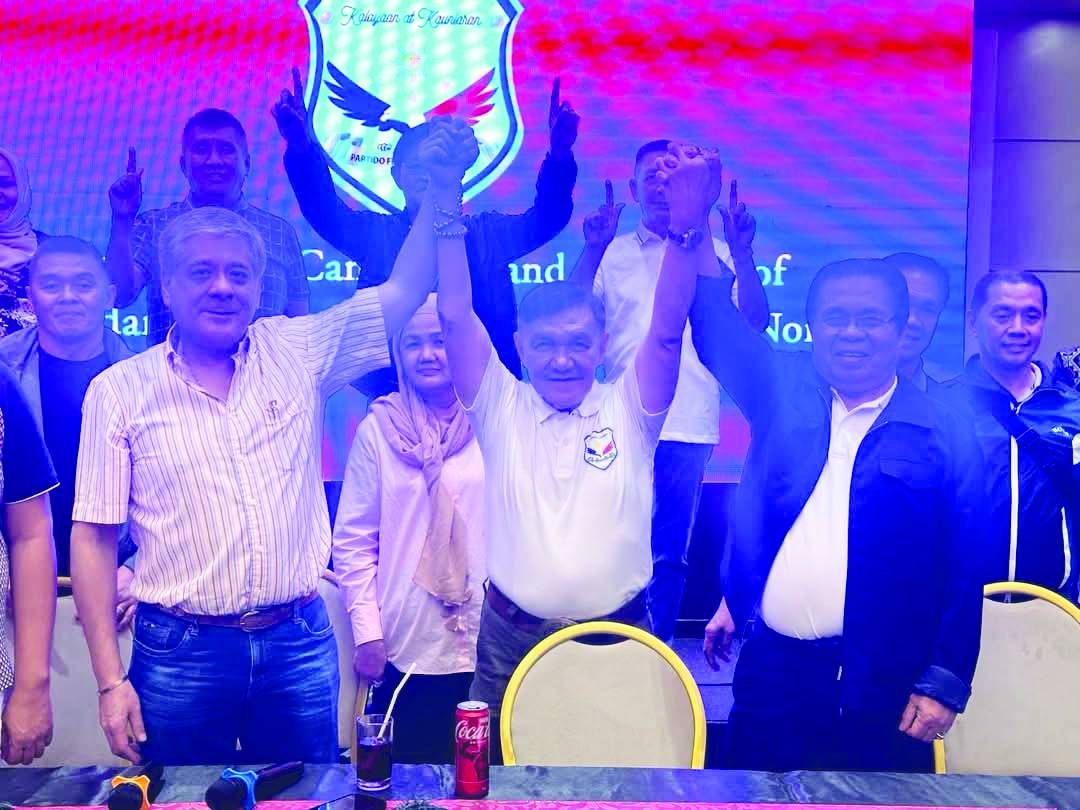
Moro revolutionaries
In the fight for the prized gubernatorial seats of Maguindanao del Norte and Maguindanao del Sur, the Mangudadatu clan is arrayed against the coalition of traditional families and Moro revolutionaries, supposedly with a blessing from Malacañang.
In Maguindanao del Sur, Bai Mariam faces Datu Ali Midtimbang while her cousin, Tong Paglas, is challenged by another cousin, former Maguindanao Gov. Esmael Mangudadatu, in the congressional race.
In Maguindanao del Norte, Suharto squares off with his uncle, Datu Tucao Mastura, the incumbent mayor of Sultan Kudarat town. Suharto’s vice gubernatorial candidate, Bai Ainee Sinsuat, faces her husband’s cousin, Marshall.
Last year, MILF chief Ahod “Al Haj Murad” Ebrahim, who chairs United Bangsamoro Justice Party (UBJP), told journalists they were assisted by political lieutenants of President Marcos, led by Special Assistant to the Presidential Anton Lagdameo Jr., in arranging their local slate to ensure a higher rate of winnability of their candidates.
Lagdameo and South Cotabato Gov. Reynaldo Tamayo Jr., president of Partido Federal ng Pilipinas, were instrumental in having Midtimbang and Mastura bolt the Mangudadatu-led Family Alliance to join forces with the UBJP.














